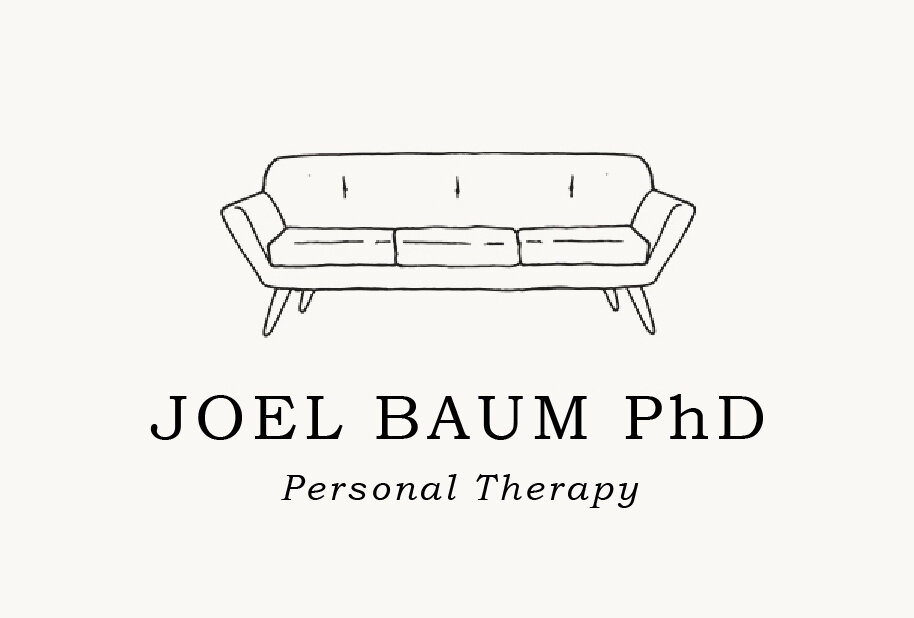Coping with COVID-19 anxiety
- be gentle with yourself -
Close your eyes. Relax your face. BREATHE
Take a break from the NEWS
Make time to SLEEP and EXERCISE
REACH OUT and stay connected
SEEK HELP if feeling overwhelmed
These can be stressful times
The outbreak of coronavirus disease (COVID-19) may be stressful for you as it is for many others. Fear and anxiety about contracting the disease or losing a job or a loved one can be overwhelming. It can cause strong emotions in adults and children.
Symptoms of your stress may include:
Fear and worry about your health and the health of your loved ones.
Changes in sleep or eating patterns.
Difficulty sleeping or concentrating.
Worsening of chronic health problems.
Worsening of mental health conditions.
Increased use of alcohol, tobacco, or other drugs.
Everyone reacts differently to stressful situations
Some people don’t seem to have a care in the world, while others worry about what the future will bring.
Your reaction may depend on your background, the things that make you different from other people, and your community.
People who often have stronger responses to the crisis include:
People with high sensitivity or empathy.
People who have been severely financially impacted.
Older people and others at higher risk for severe illness from COVID.
Children and teens.
People still working; health care providers, supermarket workers etc.
People who have mental health conditions.
Take care of yourself and your community
Helping yourself, your friends, and your family can help you cope with stress. Helping people with their stress makes your community stronger and makes everyone feel like they are in this together, not alone.
Support your loved ones
Check in with the people you care about often. Virtual communication effectively reduces loneliness. There are many ways to connect:
Telephone
Email
Snail Mail
Text messages
Video chat
Social media
Do your loved ones need extra help?
Help with medications. A minimum 4-week supply of prescription and over the counter medications is recommended.
Monitor other medical supplies (oxygen, incontinence, dialysis, wound care) needed and create a back-up plan.
Stock up on non-perishable food (canned foods, dried beans, pasta) to have on hand in your home to minimize trips to stores.
If your loved one lives in a care facility, speak with facility administrators or staff over the phone. Ask about the health of your person and the other residents frequently.
Don’t forget to take care of yourself
Caring for a loved one can take an emotional toll, especially during these challenging times. Taking care of yourself will energize your care for others.
When you come out of quarantine
Everyone reacts differently after coming out of quarantine; Relieved, worried, carefree, fearful. None are right or wrong, just different.
Common reactions after quarantine include:
Relief.
Fear and worry about your own health and the health of loved ones.
Stress from the constant vigilance for signs and symptoms.
Frustration because friends or loved ones have fears of contracting the disease from contact with you, even though you’re safe.
Guilt about about your reduced work or parenting during quarantine.
Other emotional or mental health changes.
Anxiety about the future.
Front line workers
Responding to COVID-19 can take an emotional toll on you, and you may experience secondary traumatic stress. Secondary traumatic stress is stress reactions and symptoms resulting from exposure to another individual’s traumatic experiences, rather than from exposure directly to a traumatic event.
There are things you can do to reduce secondary traumatic stress reactions:
Acknowledge that secondary traumatic stress can impact anyone helping families after a traumatic event.
Learn the symptoms including physical (fatigue, illness) and mental (fear, withdrawal, guilt).
Allow time for you and your family to recover from responding to the pandemic.
Create a menu of personal self-care activities that you enjoy, such as spending time with friends and family, exercising, or reading a book.
Take a break from media coverage of COVID-19.
Ask for help if you feel overwhelmed or concerned that COVID-19 is affecting your ability to care for your family and patients as you did before the outbreak.







